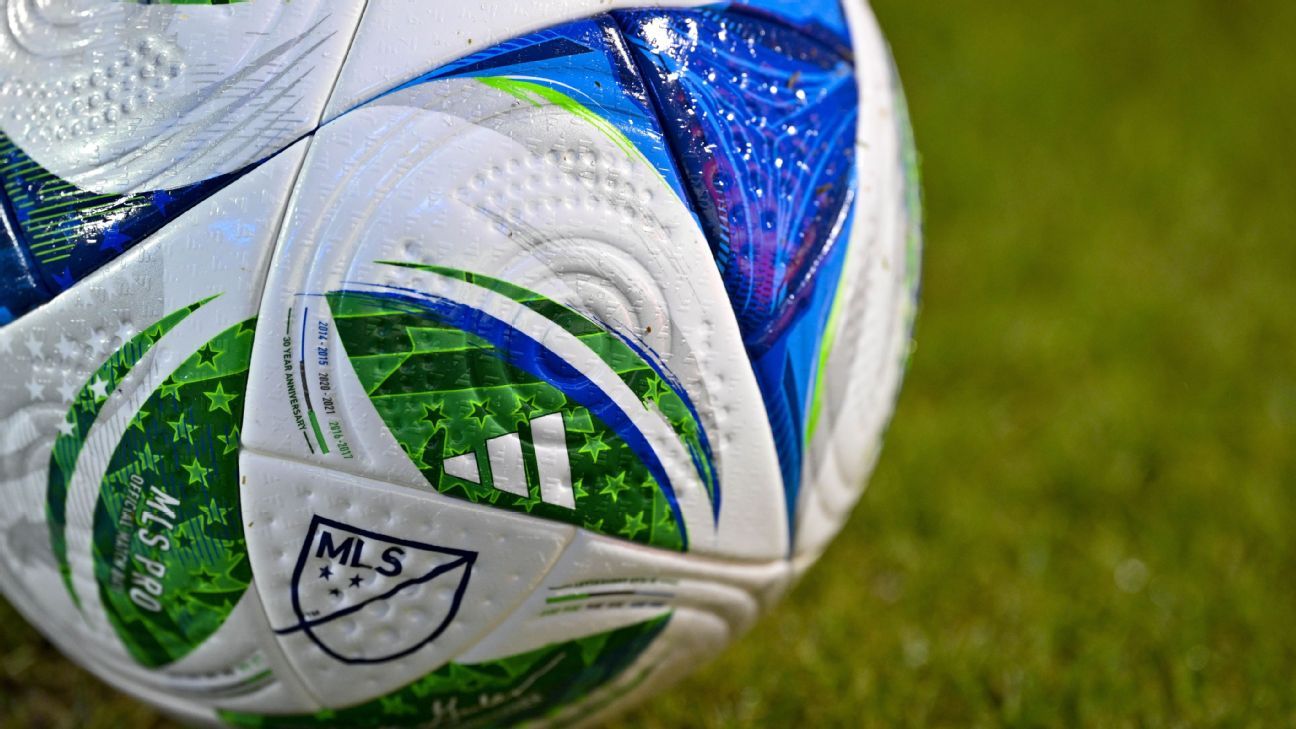## MLS Rivalry Takes a Turn: Players vs. the Powerhouse – Who Claims the CWC Prize?
The beautiful game isn’t always beautiful. While MLS fans are buzzing about the upcoming Leagues Cup, a storm is brewing off the pitch. The clash isn’t between rivals like LAFC and the Galaxy; it’s between the players and the league itself.

Financial Windfall for MLS and the Players’ Share
Beyond the Paycheck: The Bigger Picture
The ongoing discussions between Major League Soccer (MLS) and the MLS Players Association (MLSPA) over Club World Cup (CWC) prize money and player compensation highlight a crucial point: the balance between financial gains for the league and fair remuneration for the players who contribute to those successes. While MLS stands to receive a significant financial windfall from its participation in the CWC, the distribution of that revenue and the players’ share remain a point of contention.
The current collective bargaining agreement (CBA) stipulates that players receive 50% of earnings from outside tournaments, capped at $1 million. However, the revised proposal from MLS, which was presented to the MLSPA on Friday, offers a different structure. This proposal allocates 20% of performance-based payments (for wins, draws, and round advancement) to the players on the three participating teams. Additionally, a flat $1 million would be distributed among the players collectively, irrespective of tournament performance. This latter sum, however, is separate from the $28.65 million awarded to MLS by FIFA for its participation in the CWC.
The MLSPA has criticized the proposal, calling it “retaliatory” and “insufficient,” arguing that the 20% performance-based share falls short of international standards. They also point out that the players’ share of the FIFA windfall remains minimal, at only around 10%. The MLSPA emphasizes that the players deserve a greater proportion of the revenue generated by their participation in the prestigious tournament.
Potential Consequences for Future CBA Negotiations
The CWC compensation dispute could have significant ramifications for future CBA negotiations between MLS and the MLSPA. The current deadlock could set a precedent for future disagreements over revenue sharing and player compensation in other tournaments or competitions. Additionally, it could fuel further tension between the league and its players, potentially impacting the overall relationship between the two parties.
Implications for Player Morale and Team Unity
The ongoing dispute over CWC compensation could negatively impact player morale and team unity. The uncertainty surrounding player earnings and the perception of unfair treatment can create a sense of discontent and division within teams. This could potentially affect player performance on the field, particularly during the high-pressure environment of the Club World Cup.
How the CWC Compensation Dispute Reflects Broader Labor Issues in MLS
The CWC compensation dispute is a microcosm of broader labor issues within MLS. It highlights the ongoing struggle for players to secure a greater share of the league’s revenue and influence over their working conditions. The dispute also reflects the growing power of player unions, such as the MLSPA, in advocating for player rights and interests.
Eyes on the Prize: The Club World Cup
MLS Teams’ Preparations and Expectations for the Tournament
Despite the ongoing compensation dispute, the three MLS representatives – LAFC, Inter Miami CF, and the Seattle Sounders – are focused on making the most of their historic opportunity at the Club World Cup. Each team has been diligently preparing for the tournament, with a mix of training, tactical analysis, and scouting of their opponents. The players are determined to showcase the quality of MLS soccer on the global stage and make a strong impression against some of the world’s best clubs.
Potential Impact of the Dispute on Team Performance
While the players are committed to performing well, the CWC compensation dispute could undoubtedly cast a shadow over their preparations and performance in the tournament. The uncertainty surrounding their earnings and the underlying frustration over perceived unfair treatment could potentially impact their focus and motivation on the field. It remains to be seen how the teams will navigate this challenging situation and whether it will affect their ability to compete at the highest level.
The Global Stage and the Importance of Fair Player Compensation
The Club World Cup provides a platform for MLS to demonstrate its growing stature in the global soccer landscape. However, the way the league handles the compensation dispute with its players will have a significant impact on its image and reputation. Fair and equitable player compensation is essential for attracting and retaining top talent, fostering a positive work environment, and ensuring the long-term success of MLS on the world stage. The league’s actions in this matter will set a precedent for future negotiations and shape the perception of MLS as a competitive and player-friendly league.
Conclusion
The standoff between MLS and its players over compensation for the Leagues Cup – now rebranded as the Campeones Cup – highlights a growing tension within the league. While MLS sees the tournament as a valuable platform for showcasing its talent on a global stage, players argue they deserve a fair share of the financial benefits. The current structure, where players receive only their regular salaries, fails to recognize the increased workload and potential exposure the tournament provides.
This dispute carries significant implications for the future of MLS. A fair resolution would demonstrate the league’s commitment to player welfare and shared prosperity. It could also pave the way for greater player agency and influence in shaping the league’s future. Conversely, a protracted stalemate could erode player morale, impact performance, and ultimately hinder MLS’s ambitions of becoming a truly global force.
The Campeones Cup stands as a pivotal moment for MLS. Will it be a symbol of progress and collaboration, or will it expose the deep-seated inequalities that threaten to divide the league? The answer lies in the hands of both MLS and its players, and the choices they make today will resonate for years to come.